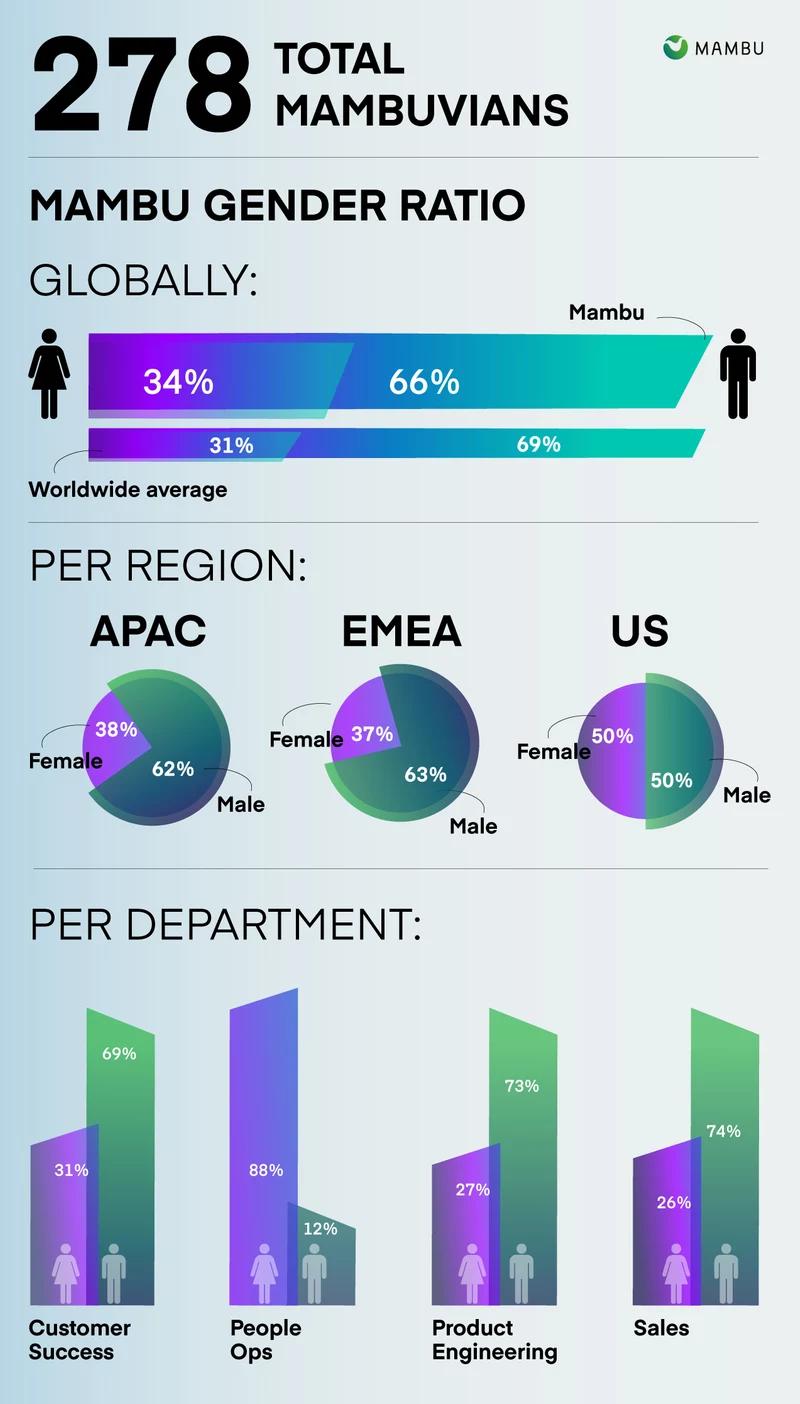Increased diversity - greater performance.
Realising the business benefits of a diverse workforce, most organisations promote diversity. No doubt, there's a business case for workplace diversity and gender parity as having a balance of gender or ethnicity, for example, does not simply improve a company’s reputation. Companies have discovered that by supporting a diverse and inclusive environment they are gaining benefits that go beyond the optics.
Recently, a study from the European Institute for Gender Equality has reported that getting more women into STEM education (science, technology, engineering and mathematics) will have a positive impact on EU’s economic growth. The institute estimated that it could lead to an additional 1.2 million jobs, which would increase the EU GDP per capita by 0.7–0.9 per cent in 2030 and by 2.2–3.0 per cent in 2050. Businesses with a diverse workforce outperform competitors and perform better financially, simply because different perspectives equal better discussions, and offer more creative solutions.
People with different backgrounds and characteristics are much more likely to have a variety of different skills and experiences, which, in turn, gives them different perspectives. Mixed teams are more creative, innovative, solve problems faster, and make better decisions, since, once again, their skill set and expertise offer more diverse solutions.
Diversity isn’t just a numbers game. But we have to start somewhere.
In our interconnected world, diversity is about more than just gender, race and ethnicity. It is also about the inclusion of employees of various religious and political beliefs, disabilities, cultures, sexual orientation, and socio-economic backgrounds. However, we have to start somewhere and gender equality is still a priority, globally and in our workplaces.
As a rule, our workplaces mirror our societies and lives outside work. Understandably, businesses that have the transformative power to provide a more open, and inclusive society, have made gender parity a priority. For instance, the gender ratio in tech at Google is 25% (+1,9 points since 2018), while at Facebook it’s 23% (1.4 point increase), both have made diversity a strategic objective.
See how Mambu compares.

We asked Mambuvians to share with us their thoughts on diversity not only in their work environment but in the industry as a whole. See what they have to say:
Natasha Prasad - Head of Capability & Customer Experience
Diversity in my work environment means being immersed in an environment that welcomes and respects people of varying gender, age, religions, cultures, sexual orientations, abilities and perspectives. At Mambu I am surrounded by incredibly smart, curious people from diverse backgrounds with a wealth of experiences, knowledge and perspectives. As a company, we know where we want to go, and what makes us unique is asking for, valuing and appreciating diverse perspectives from our people, to shape how we are going to get there.
Irena Pauls - Business Development Manager
When in a business environment we talk about diversity I always think of diversity in a broader sense - to me it is not just about gender. It is about ethnicity, functional background, education, and much more. Companies with a global footprint must be aware that they must solve problems and needs of a diversified and complex society, which they only can do by embracing diversity.
When it comes to gender diversity in sales or fintech/banking industry, clearly the environment is predominantly male. At the same time I know that both industries have many initiatives in place to attract more women, but that is just one side of it. I believe that it also has a lot to do with having the courage to simply try and see if you have the right skill set.
Magda Piskunowicz - Head of Legal
To me, diversity is not about numbers, parity, statistics or board representations. It is about space. Giving space to others, allowing them to have a voice and to be their genuine selves. Discrimination is not the opposite of diversity - domination is. Domination makes people assume positions and forces others to conform.
Embracing diversity is an active effort of breaking that dominance apart. If I feel that my behaviour may affect colleagues of different gender, sexuality or ethnicity, I try to adjust my behaviour to create a free space for everyone. Embracing diversity requires sensitivity and empathy, and the constant reappraisal of our own convictions.
